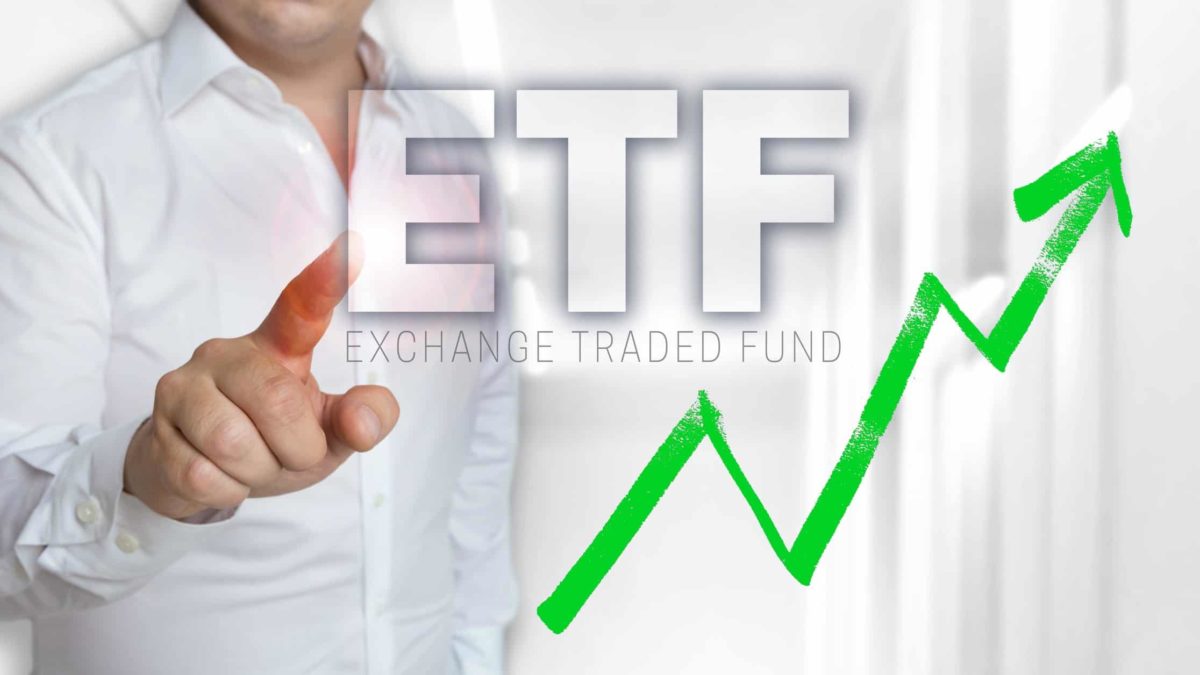
Beijing has announced the formation of a new artificial intelligence standardisation technical committee, Reuters reports. The committee will establish industry guidelines for emerging technologies such as large language models and AI risk assessment. As per the wire, the 41-member committee, which includes representatives from prominent tech firms like Baidu and prestigious academic institutions such as Peking University, will focus on shaping the future of AI standards in China.
This move reportedly comes as China seeks to balance its ambitions to lead in the rapidly growing AI sector with the need to address global concerns surrounding safety and ethical implications. The Chinese government is taking a more proactive regulatory approach to AI, in contrast to its initial hands-off stance towards other sectors like mobile internet and e-commerce, which were only subjected to regulation after reaching maturity. Reportedly, the formation of the committee highlights Beijing’s intent to regulate the fast-evolving AI landscape.

Last year, Chinese authorities took several months to approve public-facing chatbots, despite domestic companies already developing AI models comparable to OpenAI’s ChatGPT. This more cautious regulatory approach demonstrates China’s recognition of the potential risks of AI technologies and the need for proper oversight. As the global AI race intensifies, China is keen to position itself as a leader in setting technical standards, rather than merely adopting them.
According to a recent report by the Finnish Institute of International Affairs, China’s push for AI standardisation reflects a broader strategy to influence global frameworks and secure its place as a key player in the global technological sphere. In another AI related news, Google has recently unveiled the second generation of its artificial intelligence model, Gemini, marking what CEO Sundar Pichai calls a "new agentic era" in technology, taking the tech world by storm. The release highlights Google’s ongoing push to outpace competitors in the AI space, combining advanced capabilities with widely-used applications.
(With inputs from Reuters).











